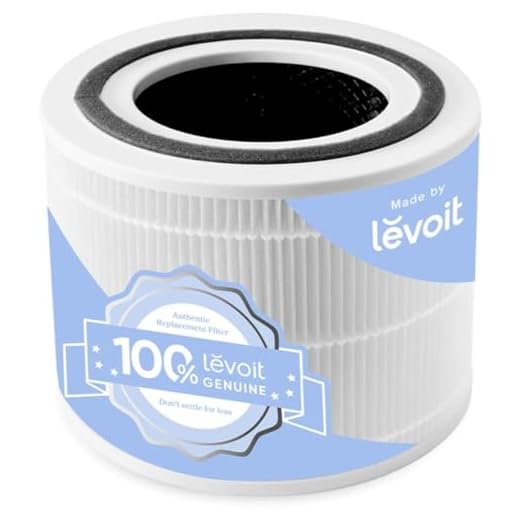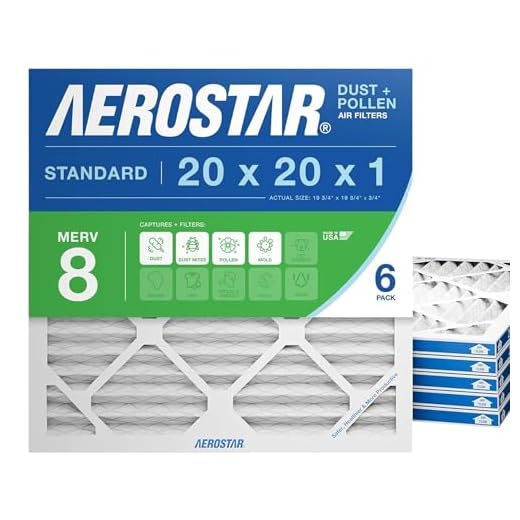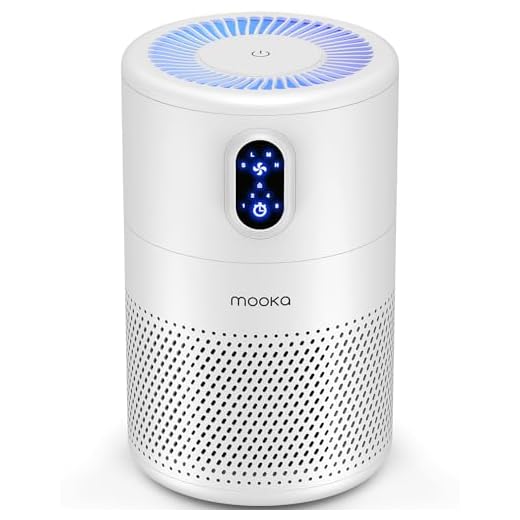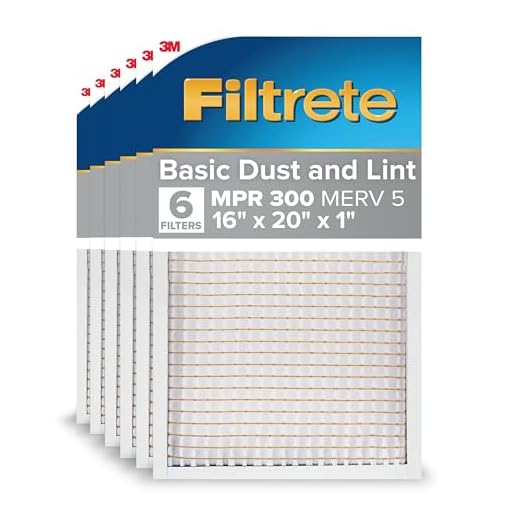




The Connection Between Filter Changes and Maintenance Costs
Maintaining clean and efficient air filters can significantly influence overall maintenance expenses. When filters become clogged, they force heating and cooling systems to work harder, leading to greater energy consumption and increased wear on the equipment. This additional strain can result in more frequent repairs and an overall decrease in the lifespan of the system. Consequently, neglecting routine filter changes often invites unexpected costs that could have been avoided with proactive maintenance.
Regularly replacing filters not only keeps systems running smoothly but also minimizes the need for costly emergency repairs. The financial advantages extend beyond immediate savings; over time, a well-maintained system can lead to lower utility bills and fewer service calls. By incorporating timely filter changes into a maintenance routine, homeowners can effectively manage their budgets, ensuring that they’re prepared for both current expenses and future investments in their HVAC systems.
Long-Term Savings Through Regular Maintenance
When homeowners invest in regular filter changes, they set the stage for considerable long-term savings. Clean filters ensure that heating and cooling systems operate efficiently, reducing energy consumption and lowering utility bills. Neglecting this simple maintenance task can lead to systems working harder, which translates into higher costs, not only for energy but also for potential repairs that result from neglect.
In addition to immediate savings on energy bills, homeowners avoid the financial burden of more frequent system replacements. A well-maintained system often has a longer lifespan, meaning fewer significant expenses related to equipment failure. Regular filter changes are a proactive approach that can lead to substantial financial benefits over time, reinforcing the idea that small, consistent maintenance efforts pay off in the long run.
Environmental Benefits of Regular Filter Changes
Regularly changing filters not only optimizes the performance of heating and cooling systems but also contributes significantly to environmental health. Clean filters trap dust, pollen, and other airborne pollutants more efficiently, preventing them from being released into the atmosphere. This means less reliance on energy-intensive systems to maintain indoor air quality, ultimately reducing greenhouse gas emissions.
Moreover, efficient air filtration aids in decreasing the amount of waste generated from both used filters and energy consumption. As cleaner air systems operate more efficiently, they consume less electricity. This reduced energy usage translates to lower fossil fuel combustion rates, helping to preserve natural resources and mitigate environmental harm. Regular filter changes thus play a vital role in promoting sustainable living practices.
How Clean Filters Contribute to Energy Efficiency
Clean air filters play a crucial role in maintaining the efficiency of HVAC systems. When filters are clogged with dust and debris, the system has to work harder to circulate air throughout a space. This leads to increased energy consumption, which can significantly drive up utility bills. In contrast, regularly changing filters ensures optimal airflow and helps the system operate at its intended capacity.
Improved energy efficiency is not only beneficial for your financial budget but also for the environment. A system running at peak efficiency uses less energy, which translates to reduced greenhouse gas emissions. By committing to routine filter changes, homeowners can contribute to energy conservation, thereby supporting sustainability efforts while also enjoying the practical benefits of a well-maintained heating and cooling system.
Impact on Indoor Air Quality
Maintaining clean air filters contributes significantly to better indoor air quality. Pollutants, dust, and allergens can build up in dirty filters, leading to their circulation throughout the home. As these particles accumulate, they can exacerbate respiratory issues and trigger allergic reactions, making it crucial to replace filters regularly. A well-maintained filtration system captures these harmful substances effectively, ensuring the air you breathe remains pure and healthy.
Additionally, clean filters promote optimal airflow within an HVAC system. When airflow is restricted due to clogged filters, the system has to work harder to maintain the desired temperature. This extra strain can lead to the release of unwanted particulates and can decrease the overall efficiency of the heating and cooling units. By replacing filters on schedule, homeowners not only enhance air quality but can also enjoy a more efficient and longer-lasting HVAC system.
Why Clean Filters Reduce Allergens and Pollutants
Clean air filters play a crucial role in maintaining indoor air quality by trapping dust, pollen, and other airborne particles. When filters become clogged with debris, their efficiency diminishes. This allows allergens and pollutants to circulate freely throughout the space, leading to potential health issues for occupants. Regular replacement of filters helps mitigate these risks and ensures that the air remains fresh and clean.
When filters are regularly changed, they can effectively capture a higher volume of contaminants. This reduction leads to a healthier living environment, particularly for individuals with allergies or respiratory conditions. By minimizing the presence of irritants in the air, clean filters contribute to overall well-being and comfort within the home or workplace.
FAQS
How often should I change my air filters?
It’s generally recommended to change your air filters every 1 to 3 months, depending on the type of filter, usage, and environmental factors like pets or allergies.
What are the financial benefits of regular filter changes?
Regular filter changes can lead to lower maintenance costs, improved energy efficiency, and extended lifespan of your HVAC system, ultimately saving you money on repairs and utility bills.
Can changing filters improve indoor air quality?
Yes, clean filters help reduce allergens and pollutants in your home, leading to better indoor air quality and a healthier living environment.
Are there any environmental benefits to regular filter changes?
Absolutely! Clean filters contribute to energy efficiency, which reduces carbon emissions and helps protect the environment by lowering energy consumption.
What type of air filter should I use for optimal performance?
The best type of air filter for your system will depend on your specific HVAC setup and needs. High-efficiency particulate air (HEPA) filters are great for reducing allergens, while pleated filters offer a good balance of filtration and airflow. Always consult your HVAC professional for recommendations.
Related Links
7 Ways Water Filters Save You Money
The History of Water Filters and Their Economic Benefits
Review of Cost-effective Water Filters in 2023

